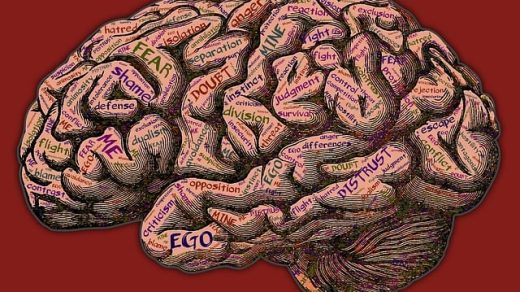Compared to a parallel matched lifestyle-as-usual group (LAU), healthcare professionals (HCP) at three Miami hospitals during the height of the Covid crisis demonstrated a rapid and highly significant reduction in stress-related burnout symptoms like somatization, depression, anxiety, sleep disturbances, and emotional exhaustion as well as a significant improvement in mental well-being.
The TM group included 65 healthcare professionals from the three hospitals in Miami (Baptist, Mercy, and Encompass Hospitals), as well as 65 parallel match controls. The Brief Symptom Inventory-18 scale (BSI), the Insomnia Severity Index (ISI), the Maslach Burnout Inventory-Human Services Survey (MBI), and the Warwick Edinburgh Mental Well Being Scale were among the validated surveys used to measure burnout and stress-related symptoms (WEMWBS).
The TM group experienced a near 45% reduction in somatization, depression, and anxiety symptoms after two weeks, and improvements in sleeplessness, emotional tiredness, and general well-being of 33%, 16%, and 11%, respectively. At three months, the TM group displayed mean improvements in mental well-being of 18%, reductions in anxiety of 62%, somatization of 58%, sadness of 50%, insomnia of 44%, and emotional weariness of 40%. (Examples Figures 1 – 3). The subjects maintained TM within an average weekly TM session completion rate of 83%, which suggested that it was simple to learn.
Dr. Nestor is Director of the Center for Clinical and Cosmetic Research in Aventura Florida, and Voluntary Professor at the University of Miami Miller School of Medicine. “This rapid and dramatic improvement in stress-related symptoms is not often seen with the use of medications much less with other easy to learn mental techniques.”
The authors point out that “the study confirms and expands on the previously reported benefits of the practice of TM and its positive psychological impact on healthcare providers in high stress settings and should be considered as a rapid intervention for healthcare worker burnout but certainly may have application to other at-risk populations.”



